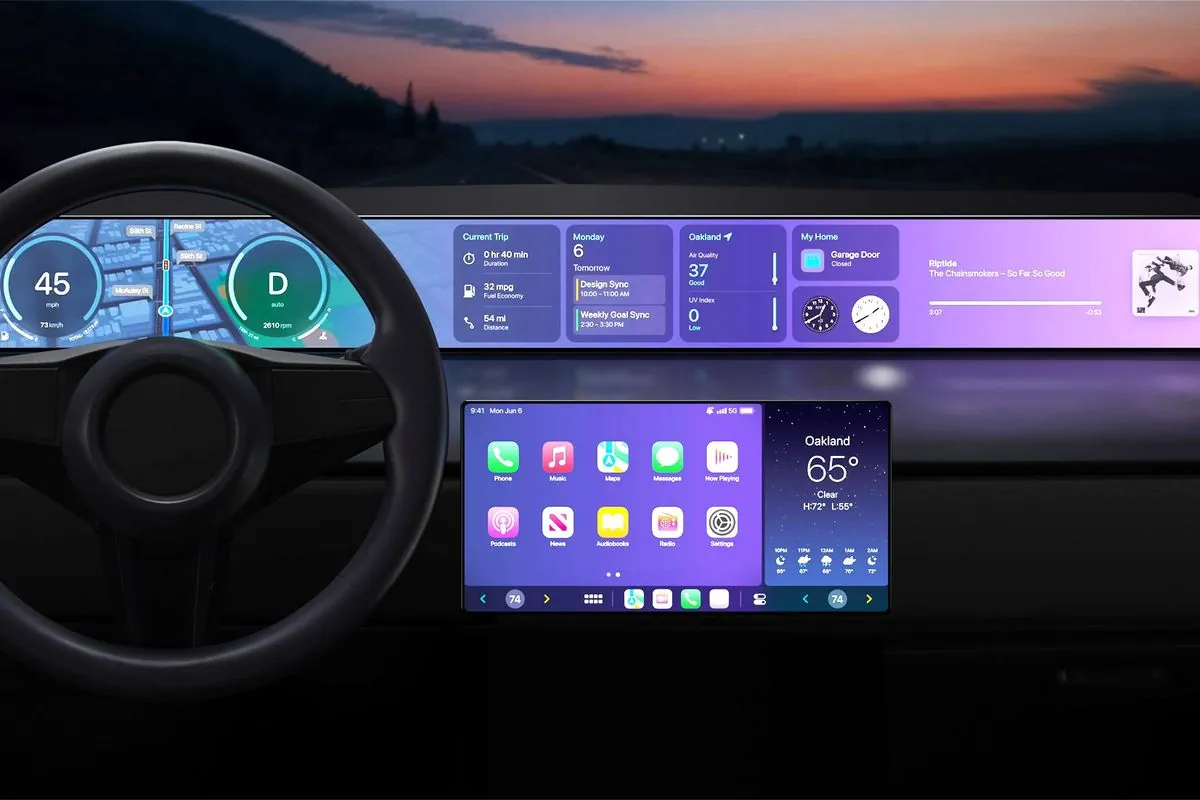California has taken a significant step towards protecting domestic abuse survivors from technology-enabled harassment. The state legislature recently passed a groundbreaking bill requiring automakers to implement safeguards against the misuse of connected car features. This legislation, believed to be the first of its kind in the United States, addresses growing concerns about stalking and harassment facilitated by advanced vehicle technology.
The bill, which received overwhelming support from lawmakers, now awaits Governor Gavin Newsom's decision. State Senator Dave Min, one of the bill's authors, revealed that Newsom's staff participated in negotiations alongside various car manufacturers, including Tesla. The governor's office stated that the measure would be evaluated based on its merits, with a decision expected by September 30, 2024.
Key provisions of the bill include:
- A clear process for drivers to submit restraining orders and request termination of another driver's remote access within two business days.
- Mandating easy in-vehicle deactivation of location tracking features.
These measures aim to address issues highlighted in recent reports of automakers failing to assist women who alleged technology-enabled targeting by their partners. In one notable case, a woman unsuccessfully sued Tesla, claiming the company did not act on her repeated complaints about her husband using the automaker's technology to stalk and harass her, despite an existing restraining order.
The legislation comes at a time when the automotive industry is rapidly advancing its connected technologies. Tesla, a leader in this field, has been at the forefront of integrating sophisticated features into its vehicles. Founded in 2003, the company has revolutionized the electric vehicle market and pushed the boundaries of automotive technology. Its Autopilot feature, introduced in 2010, and the subsequent Full Self-Driving (FSD) beta program launched in 2020, exemplify the company's commitment to innovation.
However, these advancements have also raised concerns about privacy and safety. The California bill seeks to address these issues by requiring automakers to balance technological progress with user protection. This legislation could potentially influence similar measures in other states, setting a precedent for how the automotive industry approaches user safety and privacy in the age of connected vehicles.
As the September 30 deadline approaches, all eyes are on Governor Newsom's decision. The outcome of this bill could have far-reaching implications for both domestic abuse survivors and the future of connected car technology across the United States.
"Tesla has not filed any public letters in support of or opposition to the bill, and the company did not respond to a request for comment."
This silence from Tesla, a company known for its innovative approach to automotive technology, is notable. As a leader in the electric vehicle market with over 1.3 million vehicles delivered in 2022, Tesla's stance on this legislation could significantly influence industry standards.
The bill's passage reflects a growing awareness of the potential misuse of technology in domestic abuse situations. It also highlights the need for a balanced approach to innovation that prioritizes user safety alongside technological advancement. As connected car features become increasingly sophisticated, legislation like this may become crucial in ensuring that the benefits of these technologies do not come at the cost of personal safety and privacy.
